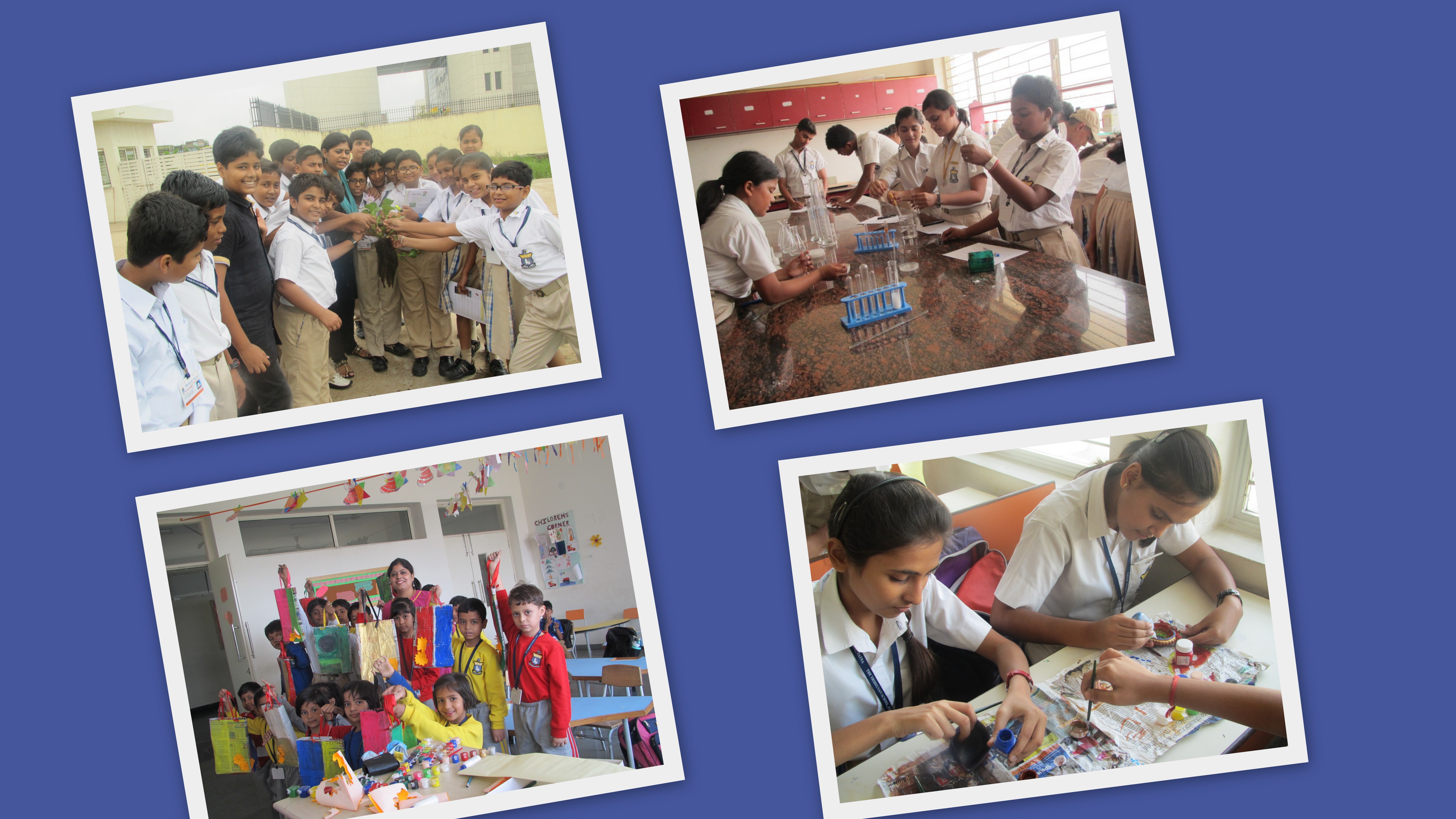Our Four Affiliates
Experiential Education

Experiential education refers to learning that happens when as many senses are brought into the process as possible. Teachers carefully create opportunities inside and outside the classroom that engage students as active participants in the learning process. This helps them absorb and synthesize information at a deeper level, making connections between what they learn with what is happening in the “real world.” How is experiential education delivered?
Teaching methodologies include:
Activity-Based Learning uses hands-on experiments and activities. Children often collaborate to achieve stated objectives. Problem-Based Learning challenges students to actively engage in real world problems, which develops critical thinking skills and creativity. Project-Based Learning includes a variety of curriculum and encourages students to develop 21st Century skills such as communication, research and inquiry, and time management. Place-Based Learning uses a location or environment as a starting point to teach concepts and ideas across the curriculum. Students learn to make choices that impact the future, their culture, and their environmental landscape. Service Learning is more than merely community service. It builds character and encourages lifelong civic responsibility while giving students

